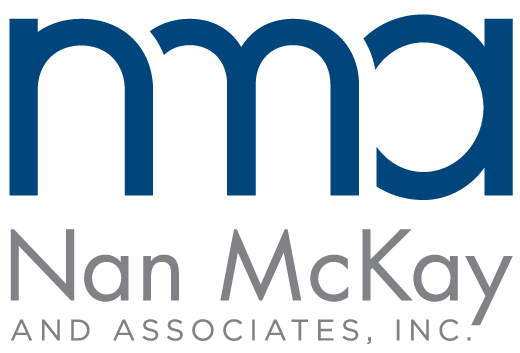Working with sequestration in the HCV program: Part II
Sequester or no sequester, housing authorities have a business to run. And a complicated business it is! The HCV and public housing programs have so many moving parts — and so many regulatory requirements — that it has to be one of the most demanding businesses to be in. Reduced funding simply makes a challenging job that much more challenging.
One of the challenges in working at a housing authority is finding the balance: How large should caseload sizes be to ensure efficiency without sacrificing effectiveness? How often should we purge our waiting list to offset the cost of the work with the benefit of having only people still interested in the program at the top of the waiting list? And, critical in these times, how do we maintain a healthy program size while dealing with reduced administrative fees?
Reducing the number of physical inspections that must be conducted
One of the most effective ways to streamline our operations is to reduce or eliminate administrative actions, specifically through implementing policy that will significantly reduce the number of physical inspections that must be conducted.
HUD has made it clear that when a unit fails a move-in HQS inspection, the agency must conduct a physical reinspection before passing the unit. HUD has also made it equally clear that when a unit fails the annual HQS inspection, the agency can decide, in policy, how fail items are verified as correct.
What percentage of your units under contract fail the initial annual HQS inspection? Typically, the annual HQS inspection fail rate is pretty high. What if you eliminated the need to go back and physically reinspect all failed units, and instead only physically reinspected maybe 25% of the units? How much would this save you in staff time and the associated travel costs?
What are your most common HQS fail items? How critical is it that all of these items be physically reinspected after a fail? When agencies are reducing the need to physically reinspect units after they've failed the annual HQS inspection, one of the most common approaches is to first decide which fail items should always require a physical reinspection. For most agencies this usually means most, if not all, of the emergency fail items. This list of required reinspection items should be presented in the agency policy.
Next, the decision must be made on how other fail items will be verified as cured. Perhaps it's a written certification by the owner, by the family, or by both. Perhaps it's through the presentation of a vendor receipt for completed repairs or a certification by an outside vendor. Perhaps agency policy lists all acceptable means of verification and states that any will meet the PHA's requirements. Whatever is decided does need to be in the administrative plan.
Then, consider: At the next annual HQS inspection, will the PHA confirm that the fail item was indeed fixed? This would require the most recent fail items to be compared with the previous year's inspection documentation. Two things to consider before adopting this policy:
- If the comparison uncovers that last year's fail item was actually not fixed despite the owner's certification (or whatever verification means was accepted), there should be repercussions. Typically, this would mean that we would always require a physical reinspection to verify any fail item was cured for this particular owner and/or family.
- If you state in policy that you will review the current year's fail items for a unit and compare to last year's, you must follow through. Practice must follow written policy!
It's certainly worthwhile to gather the data regarding the number of units that typically fail the initial annual HQS inspections, determine the most common HQS fail items, and run an analysis of how much money your agency would save if you changed policy to no longer require a physical reinspection of every annual HQS fail.
NMA senior consultant Teri Robertson is nationally recognized as a leading expert in HCV/Section 8 and public housing. She has previously written for the NMA blog about HCV administrative fees and how to maximize your agency’s performance rating.
If you find that you need staffing help during sequestration, NMA can assist your agency with recertifications (done remotely), quality control, hearing officer staff, HQS inspections, and more. Email sales@nanmckay.com for more information.


